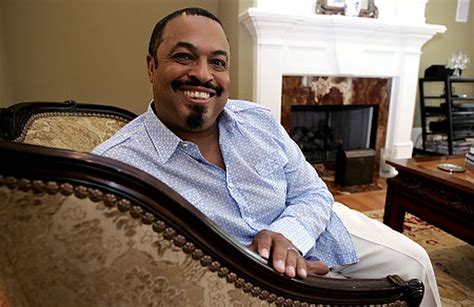A Quote by James Joyce
Every age must look for its sanction to its poetry and philosophy, for in these the human mind, as it looks backward or forward, attains to an eternal state.
Related Quotes
Philosophy is perfectly right in saying that life must be understood backward. But then one forgets the other clause - that it must be lived forward. The more one thinks through this clause, the more one concludes that life in temporality never becomes properly understandable, simply because never at any time does one get perfect repose to take the stance - backward.
Where philosophy ends, poetry must commence. There should not be a common point of view, a natural manner of thinking which standsin contrast to art and liberal education, or mere living; that is, one should not conceive of a realm of crudeness beyond the boundaries of education. Every conscious link of an organism should not perceive its limits without a feeling for its unity in relation to the whole. For example, philosophy should not only be contrasted to non-philosophy, but also to poetry.
The prospect of penury in age is so gloomy and terrifying that every man who looks before him must resolve to avoid it; and it must be avoided generally by the science of sparing. For, though in every age there are some who, by bold adventures, or by favorable accidents, rise suddenly to riches, yet it is dangerous to indulge hopes of such rare events; and the bulk of mankind must owe their affluence to small and gradual profits, below which their expense must be resolutely reduced.
In Dogen's writing, the practical instruction, philosophy and poetry are together in one voice. People hear about his poetry, go to his work, and expect to find poetry, or they hear about his philosophy and expect to find philosophy. They look just for practical instruction and find poetry and philosophy. They can't make out the complexity of his writing, become frustrated and let him go.
Ever since men became capable of free speculation, their actions, in innumerable important respects, have depended upon their theories as to the world and human life, as to what is good and what is evil. This is true in the present day as at any former time. To understand an age or a nation, we must understand its philosophy, and to understand its philosophy we must ourselves be in some degree philosophers. There is here a reciprocal causation: the circumstances of men s lives do much to determine their philosophy, but, conversely, their philosophy does much to determine their circumstances.







































